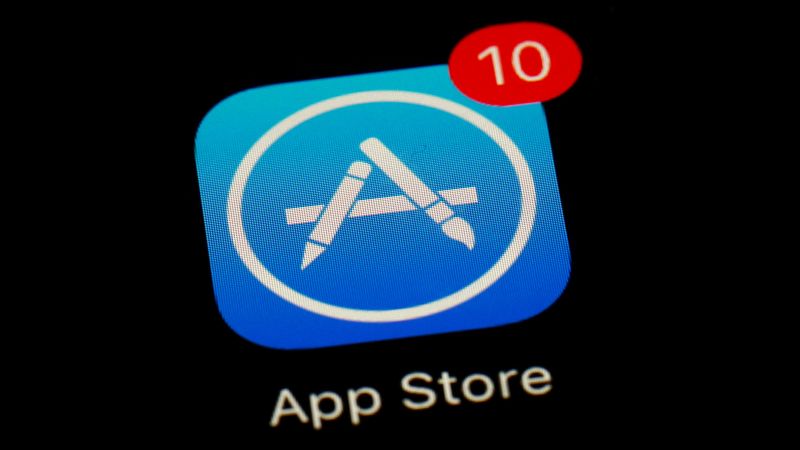Reuters
—
Apple violated a US court order that required the iPhone maker to allow greater competition for app downloads and payment methods in its lucrative App Store and will be referred to federal prosecutors, a federal judge in California ruled on Wednesday.
US District Judge Yvonne Gonzalez Rogers in Oakland said in an 80-page ruling that Apple failed to comply with her prior injunction order, which was imposed in an antitrust lawsuit brought by “Fortnite” maker Epic Games.
“Apple’s continued attempts to interfere with competition will not be tolerated,” Gonzalez Rogers said. She added: “This is an injunction, not a negotiation. There are no do-overs once a party willfully disregards a court order.”
Gonzalez Rogers said she will refer Apple to federal prosecutors for a criminal contempt investigation into its conduct in the case.
Neither Apple nor Epic immediately responded to a request for comment.
Epic accused Apple of stifling competition for app downloads and overcharging commissions for in-app purchases.
Gonzalez Rogers in 2021 found Apple violated a California competition law and ordered the company to allow developers more freedom to direct app users to other payment options.
Apple failed last year to persuade the US Supreme Court to strike down the injunction.
Epic Games told the court in March 2024 that Apple was “blatantly” violating the court’s order, including by imposing a new 27% fee on app developers when Apple customers complete an app purchase outside the App Store. Apple charges developers a 30% commission fee for purchases within the App Store.
Apple also began displaying messages warning customers of the potential danger of external links in order to deter non-Apple payments, Epic Games alleged, calling Apple’s new system “commercially unusable.”
Apple has denied any wrongdoing. The company in a court filing on March 7 told Gonzalez Rogers that it undertook “extensive efforts” to comply with the injunction “while preserving the fundamental features of Apple’s business model and safeguarding consumers.”
Gonzalez Rogers suggested at an earlier hearing that changes made by Apple to its App Store had no purpose “other than to stifle competition.”

